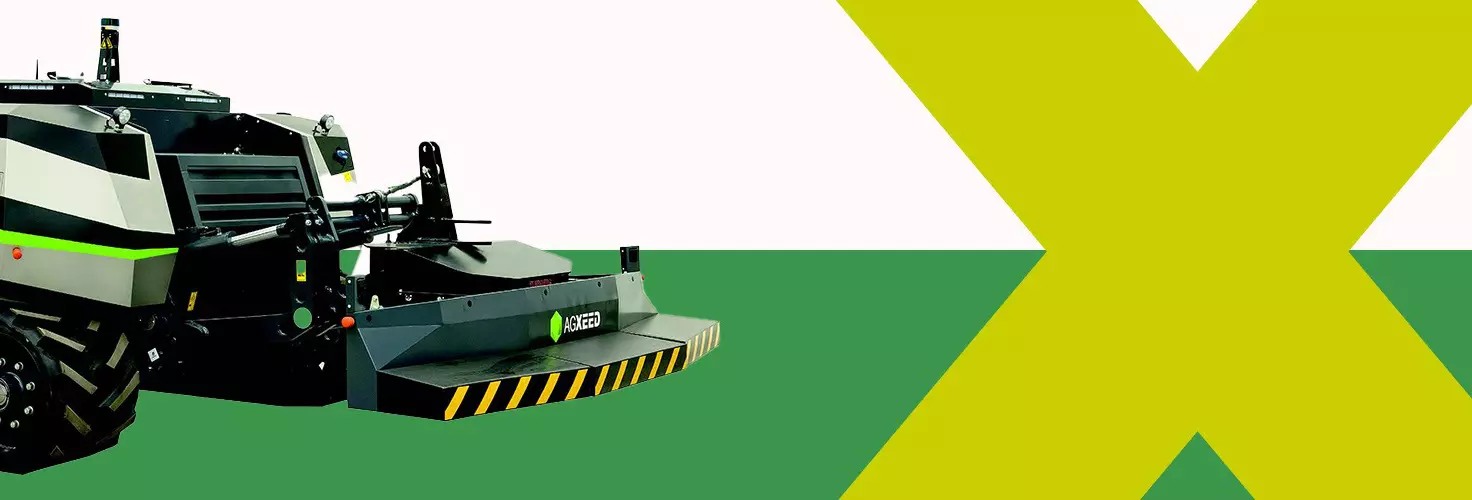Precision Farming: Sustainable, efficient and resilient agriculture in the AES


Prof. Dr agr. Karl Wild
Position: Professor of Technology in Horticulture and Agriculture at HTW Dresden
tec.news: What can precision farming methods contribute to improving sustainability and environmental compatibility in agriculture? What impact does this have on the CO2 balance?
Prof. Dr. agr. Karl Wild: Precision farming enables production resources to be deployed in a more targeted manner, which can significantly reduce the use of pesticides or fertilisers, for example. The data-based optimisation of crop rotations and cultivation systems or harvesting strategies also help to increase sustainability and environmental compatibility. Improved soil management methods can reduce the emission of nitrous oxide, a potent greenhouse gas, and step up the storage of CO2 or carbon in the soil. In addition, more efficient operating processes and a reduction in the use of heavy machinery can reduce the consumption of fossil fuels and consequently CO2 emissions.
tec.news: What role is autonomous driving playing in your practical research projects?
Prof. Dr agr. Karl Wild: Meanwhile, highly automated driving represents the state of the art in agriculture. “Autonomous working”, however, is the key challenge here, because it is not just about driving, but above all about the optimal execution of processes such as soil cultivation, fertilisation or harvesting. In the future, technology will have to replace the operators who previously monitored the processes, made machine settings or rectified faults. In order to achieve this, we will need appropriate sensors, data analyses and actuators, while artificial intelligence and machine learning can also help us in this context. This area represents a focus point of our work. Moreover, we are also concentrating on researching and optimising the integration of autonomous vehicles into agricultural operations, such as the "Agbot" from our partner AgXeed. While AgXeed concentrates on autonomous driving and on the tractor, our focus, as already mentioned, is on the implement attached to the tractor, i.e. on process regulation and control on the implement without human intervention.
tec.news: On a research field in Pillnitz, you are harnessing PV while at the same time practising state-of-the-art arable farming between the rows of modules. How do vehicles and module rows get along with each other?
Prof. Dr agr. Karl Wild: Agri-photovoltaics (APV) is a concept that aims to utilise the same area for solar power generation and agriculture at the same time. Our test and research facility consists of approx. 3 m high, vertically standing bifacial modules (i.e. they produce electricity from both the front and the back), which are arranged in several rows at 12 m apart. We practise precision farming between the rows of modules. We are working with standard tractors as well as with our Agbot. Given that the localisation and navigation accuracy of the vehicles is +/- 2 cm, we can drive relatively close to the module rows. APV is definitely a model for the future.

We also need to source renewable electricity from arable land and with this concept only about 10% of the arable land is actually required. Our trials have also shown that agriculture can in fact benefit from the rows of modules. Soil loss due to erosion is reduced, for example, while biodiversity increases.
About AgXeed
The technology company AgXeed and HARTING have been cooperating in the field of precision farming for a number of years now. AgXeed is providing comprehensive autonomy solutions, such as the "AgBot" robot series for the autonomous cultivation of arable land. In this context, the AEF high-voltage interface supplied by HARTING is making a valuable contribution to electrification. By comparison with agricultural machinery harnessing hydraulic engines, this results in greater efficiency, while promoting sustainability at the same time.
Read the full interview with Prof Dr Karl Wild about precision farming and smart farming:

Detlef Sieverdingbeck
Position: General Manager Corporate Communication & Branding
- Department: CCB
- Company: HARTING Stiftung & Co. KG